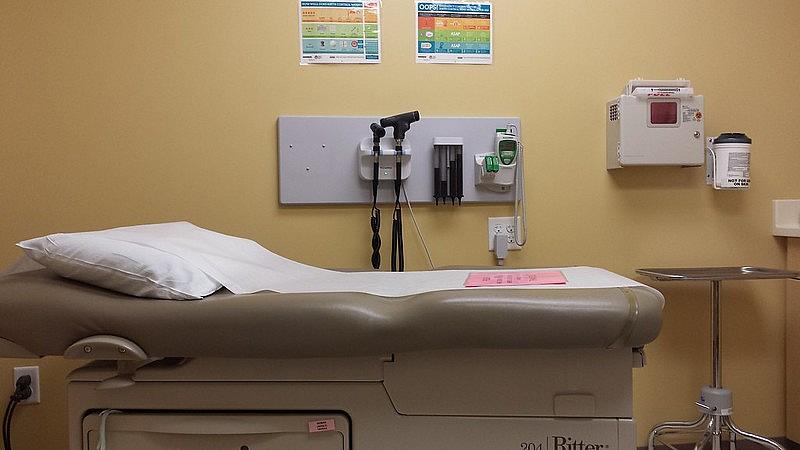Are poor, Black women being targeted for birth control in the wake of Dobbs?

Photo by Wonderlane via Flickr/Creative Commons
What’s the best way to fight poverty? Make sure there are fewer pregnancies to single mothers and teenagers, some economists would say. That’s why states including Delaware and Colorado have, in the last five years, doubled down on long-acting reversible contraceptives (LARCs) like IUDs or implants. Partnering with an organization called Upstream, Delaware is counseling women to get LARCs, and has reduced unintended pregnancies as a result.
Prescribing more birth control is a positive thing, usually. But LARCs can be problematic because a specialist needs to remove them, complicating the timing of a woman’s decision to have children. Some providers have reported discouraging women from removing IUDs if they feel that doing so is not in the patient (or society’s) best interest.
In recent years, these longer-term birth control methods may have been targeted at women of color and poorer women, some academic studies have found, a finding that reignites long-term concerns about eugenics and birth control. One study found that, even controlling for insurance and age, Black patients were twice as likely to be prescribed LARCs instead of a short-acting method of birth control like pills, compared to non-Black patients.
I am planning to write a series of stories in TIME about the lived medical experiences of low-income women and Black women in states with restrictive abortion rules, and whether they are experiencing coercion in the prescription of birth control. So often, medical care in these communities focuses on what is “‘best” for people overall without listening to what individual patients actually want. It is certainly concerning to hear economists talk about birth control as a poverty eradication method. Are doctors targeting low-income and Black women for LARCs and types of birth control that are more difficult to discontinue?
This is an important question because of the history of eugenics in the U.S. A century ago, the first conference on American birth control met to talk about how birth control could solve societal ills. By the 1960s, forced sterilizations were being performed on Black women at a rate three times higher than on white women. This issue is extremely complicated, since policymakers want to make sure that all women have access to birth control, but also that efforts are not unfairly targeting certain racial or socioeconomic groups. The goal of this project, supported by a grant from the Center's 2023 Impact Fund for Reporting on Health Equity and Health Systems, is to make people think about how we talk about and prescribe birth control today, and to inform readers and policymakers on best practices for making sure people have the contraceptives they need, without feeling targeted for an insidious form of reproductive coercion.
“This system frequently functions to privilege White control over reproduction and compromise the reproductive control of communities of color,” a group of female doctors and public health specialists wrote in an August 2, 2023 article in the Journal of Midwifery & Women’s Health.
I am planning to partner with a local Black journalist to report this story, and we hope we can hear from many women about their experience. The women being targeted for birth control would benefit by having their voices magnified. Especially because there are worrying precedents about reproductive health being set in Southern states, including a whistleblower complaint in 2020 that said doctors at a detention center in Georgia were performing unnecessary hysterectomies on detainees.
There are numerous academics already working on studies about reproductive coercion, especially around LARCs, and I hope to use that work to guide my research. But I also think it will be very important to hear the voices of women seeking care. If we’ve learned nothing else in the last few years, it’s that politicians and courts don’t always listen to what women actually want or need when it comes to women’s reproductive health.

